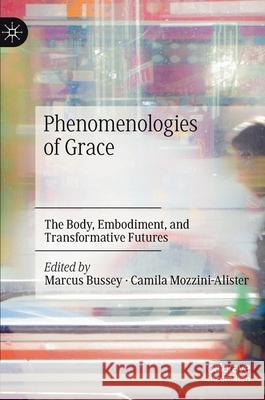Phenomenologies of Grace: The Body, Embodiment, and Transformative Futures » książka
topmenu
Phenomenologies of Grace: The Body, Embodiment, and Transformative Futures
ISBN-13: 9783030406226 / Angielski / Twarda / 2020 / 371 str.
Phenomenologies of Grace: The Body, Embodiment, and Transformative Futures
ISBN-13: 9783030406226 / Angielski / Twarda / 2020 / 371 str.
cena 402,53
(netto: 383,36 VAT: 5%)
Najniższa cena z 30 dni: 385,52
(netto: 383,36 VAT: 5%)
Najniższa cena z 30 dni: 385,52
Termin realizacji zamówienia:
ok. 16-18 dni roboczych.
ok. 16-18 dni roboczych.
Darmowa dostawa!
Kategorie:
Kategorie BISAC:
Wydawca:
Palgrave MacMillan
Język:
Angielski
ISBN-13:
9783030406226
Rok wydania:
2020
Wydanie:
2020
Ilość stron:
371
Waga:
0.63 kg
Wymiary:
21.01 x 14.81 x 2.39
Oprawa:
Twarda
Wolumenów:
01
Dodatkowe informacje:
Wydanie ilustrowane











